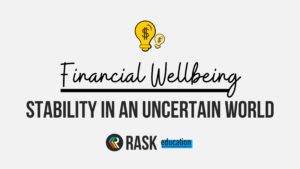Shares, also called stocks or equities, are simply part-ownership of a company.
Shares 101
Shares represent an ownership stake in a company, similar to the way you would own a house.
But a public company on the sharemarket can have hundreds of thousands of other shareholders just like you.
Companies can also use debt, which is just like the mortgage on a house.
If a company goes out of business, the banks and other owners of the debt get their money before you do. It’s the same as if you sold your house, the bank would get its money first.
Why do companies issue shares?
Companies offer their shares on the sharemarket to raise money, by issuing shares to investors for cash, which it then uses to invest in growth opportunities and projects.
Why do people invest in shares?
Over the long-term, most people invest in shares for capital growth (share prices going up) and dividend income.
However, shares are considered higher-risk investments than other investments like government bonds, so it’s best to speak to a professional or do your own research before investing in shares.
[ls_content_block id=”27643″ para=”paragraphs”]



